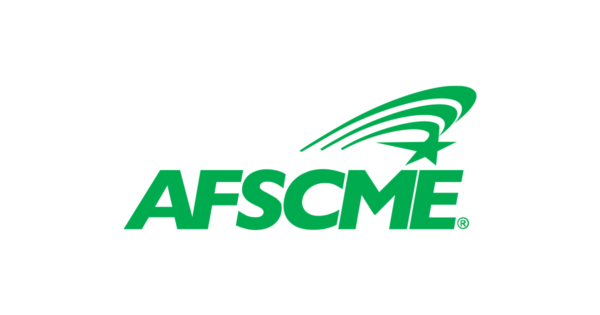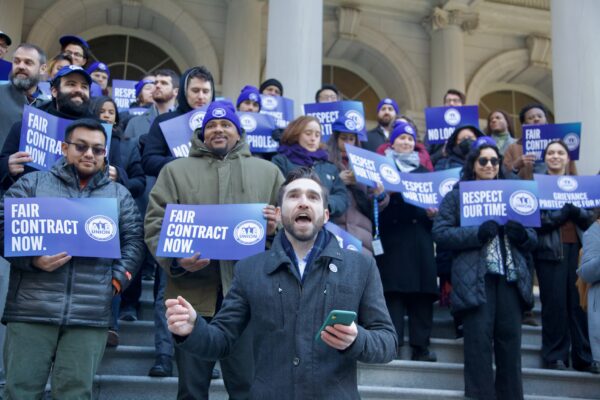
New York, NY – Prevailing wage laws are critical in maintaining quality in the construction industry.
The concept and original legislation were conceived by two Republican U.S. senators, James J. Davis of Pennsylvania and Robert L. Bacon of Long Island, New York.
In 1927, Davis was angered to learn that an Alabama contractor won a bid to build a veteran’s hospital in his Pennsylvania district. The contractor that won the bid hired unskilled workers from outside of Pennsylvania.
Davis believed that labor conditions and labor wages need to be legislated by the local government. The Federal government has a responsibility to comply with the local standards of wages and labor prevailing in the locality where the construction is taking take place. Certainly a race to the bottom should be avoided. Qualified local contractors and skilled tradesmen should be hired for construction projects based on local standards.
According to Davis, out-of-state contractors should not be profiting at public expense by underbidding local businesses and importing low wage, low skill workers. Setting locally based wage standards for public projects to ensure fairness and allow local contractors to compete for bids on an equal basis.
Their legislation, known as the Davis-Bacon Act, was passed in congress in 1931 and became the model for state prevailing wage laws.
Through the years prevailing wage legislation has provided an important incentive for quality construction, on job safety, expansion of union apprentice programs, and jobs that pay decent wages. Contractors that want to skirt safety regulations and standards, continually lobby to eliminate prevailing wage.



